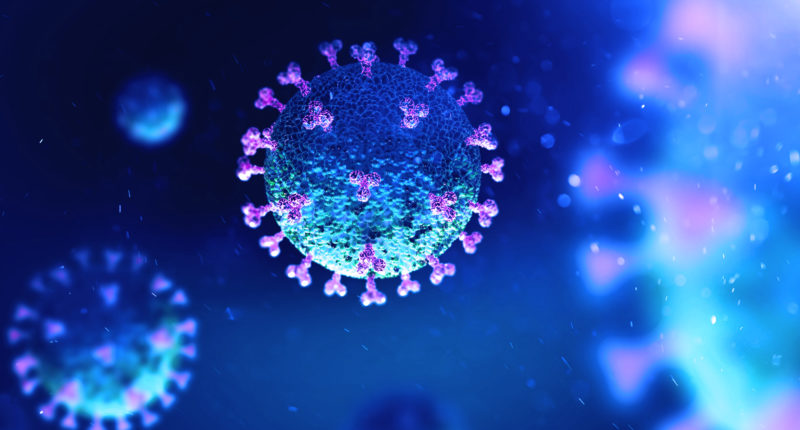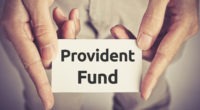The anti-profiteering authority under Goods and Services Tax (GST) has urged its field tax officers to gather evidence against suppliers who have not reduced prices on COVID-19 essentials, including medicines and oxygen.
As per the recommendation of the 44th GST Council meeting, the Central Board of Indirect Taxes and Customs (CBIC) had reduced GST on 18 COVID essentials like Remdesivir and Tocilizumab drugs as well as on medical oxygen and oxygen concentrators.
The National Anti-Profiteering Authority (NAA) stated that the suppliers must proportionally reduce each supply of goods and services to reduce tax rates or benefit of Input Tax Credit (ITC) passed on to the consumers. Following this provision, it requested its field officers to take all possible steps envisaged under the GST laws.
The NPPA field officers have also been asked to take action as mandated under Section 171 of the CGST Act. Also, to utilise the powers conferred vide provisions of Section 67(12) of the CGST Act to collect evidence, which may be required to take action against errant suppliers of various goods and services.
Section 171 of CGST Act, 2017 states that any reduction in GST rate on any goods or services or the benefit of the ITC shall be passed on to the recipient/buyer by way of commensurate reduction in prices.
Section 67(12) of the CGST Act, 2017 authorises an officer to purchase goods from any business premises to check the issue of tax invoices/supply bills.
The CBIC also reduced GST on other items such as hand sanitiser, pulse oximeters, BiPAP machine, testing kits, ambulances and temperature check equipment. These concessional rates would be applicable till 30th September 2021.
The National Pharmaceutical Pricing Authority (NPPA) had asked pharma companies and medical device makers to reduce prices on products on which the GST has been lowered to benefit the consumers. It also noted that a change in tax rates impacts the fixation of maximum retail prices (MRP) of various drugs and formulations.
The NAA is in charge of the anti-profiteering provisions has decided to take strict action against irresponsible manufacturers and traders in the pharma sector. Furthermore, the jurisdictional tax officers are under a national duty to penalise errant taxpayers, ensuring that this rate reduction can reach the grassroots level.
The businesses dealing with medical supplies on which GST has been reduced need to ensure that they possess adequate documentation to prove that the rate cuts have been passed on to the consumers.
For any clarifications/feedback on the topic, please contact the writer at dvsr.anjaneyulu@cleartax.in
DVSR Anjaneyulu known as AJ, is a Chartered Accountant by profession. Loves to listening to music & spending time with family and friends.





